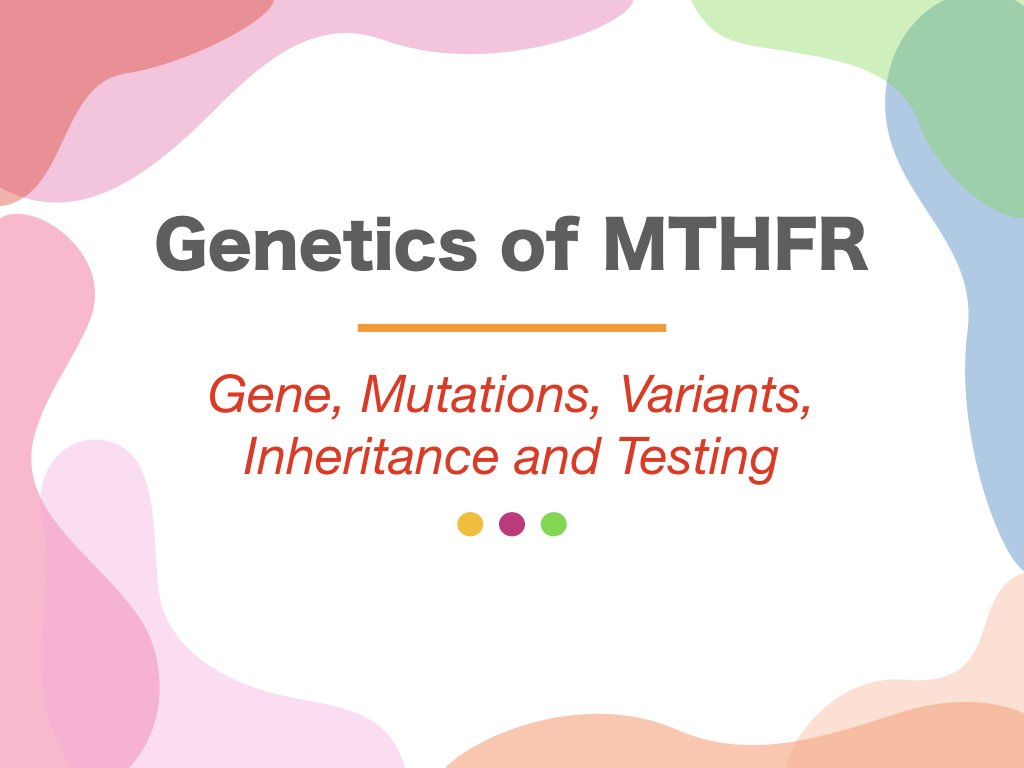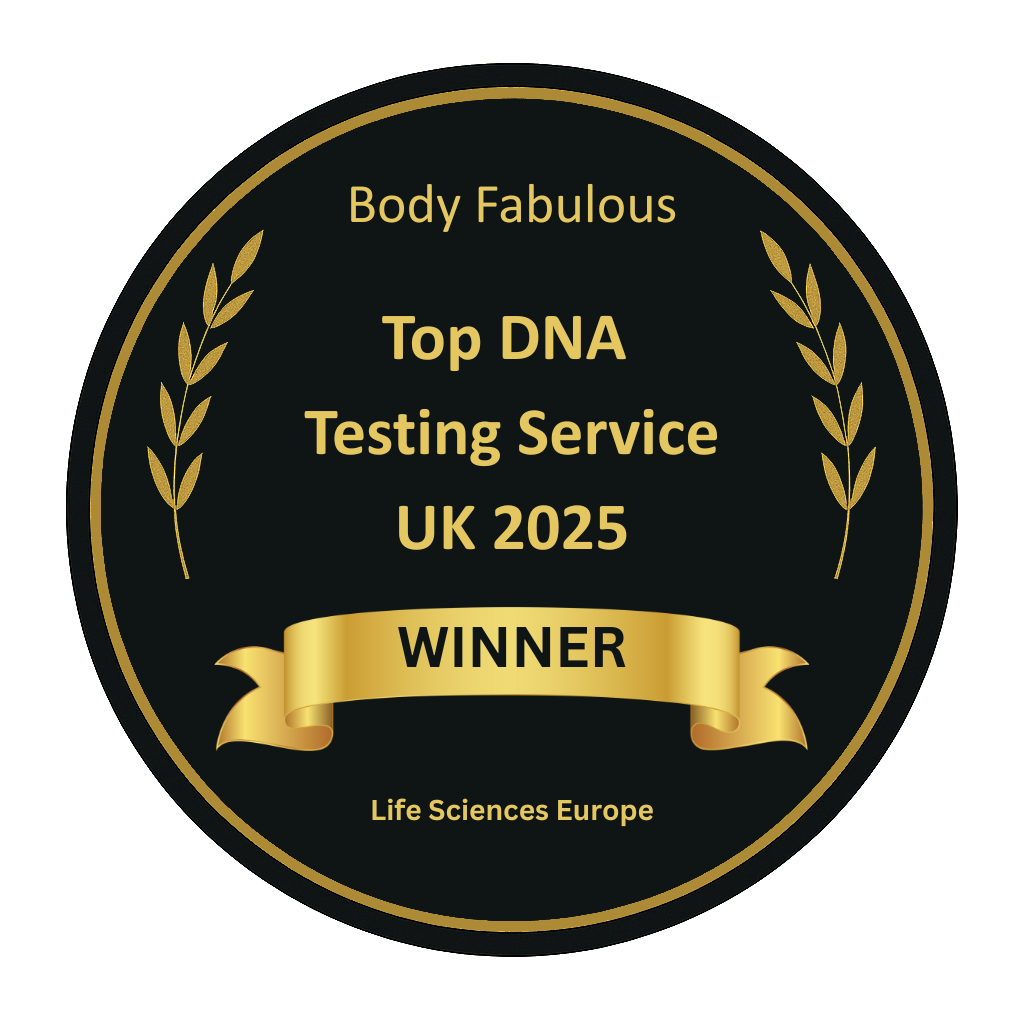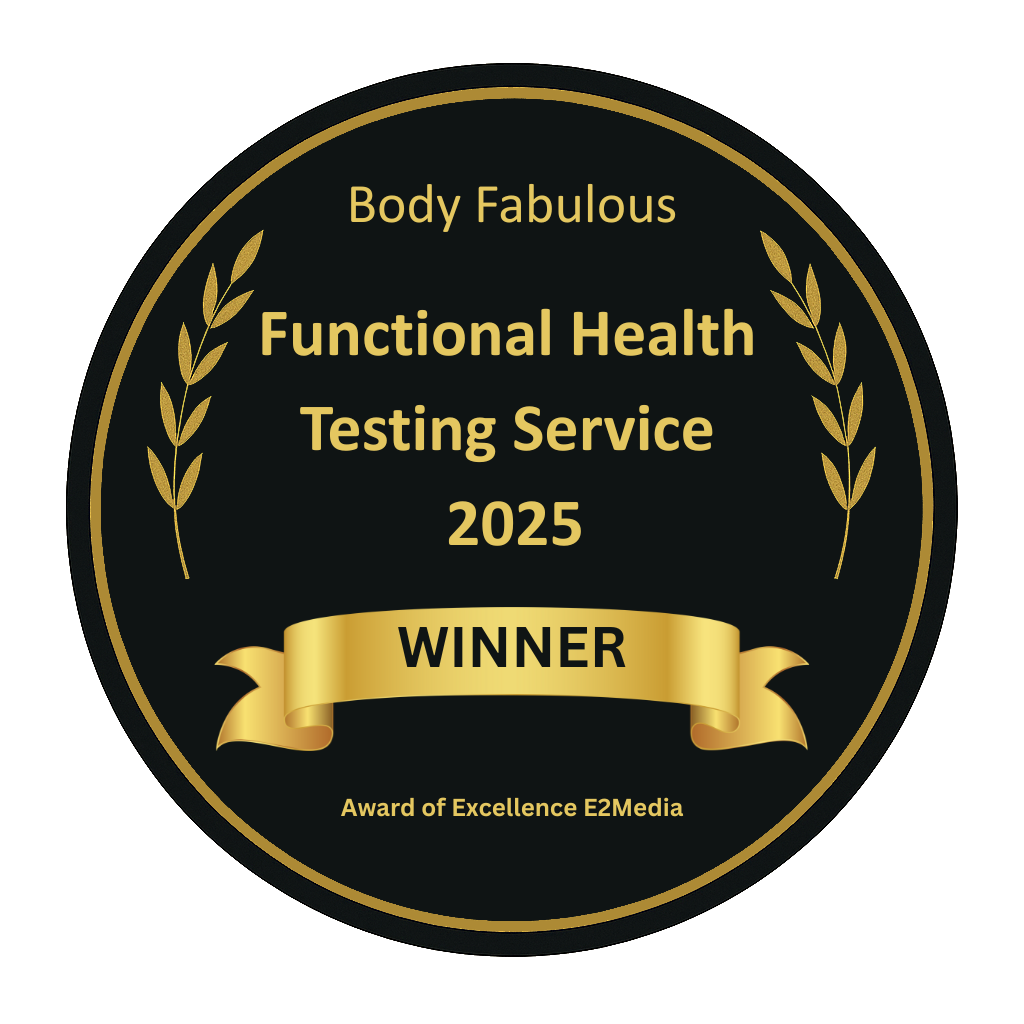When you consume nutrients, you consume a lot of raw material that must be converted into a form the body can use. How does that raw material turn into hormones, neurons, and more? The process is called methylation.
Your DNA is set at birth and determines how your genes work. Methylation is the process which allows these genes to function optimally so understanding your personal methylation pathways is key to optimising your health. Methyl groups act like billions of switches which turn genes on or off, help regulate mood, detoxify hormones, produce energy, and promote healthy aging.
Since the process of methylation can be found throughout the entire body, it makes sense that poor methylation can cause issues.
Here are some symptoms to watch out for if you suspect you may struggle with poor methylation:
The Methylation Panel we offer can uncover needs for nutritional support such as amino acids, vitamins, and minerals. Knowing this can help guide dietary and lifestyle treatment plans. Additionally, knowing genetic predispositions can help focus supplementation to override potential methylation defects.
The methyl groups that participate in methylation come from a variety of micronutrients in your diet which include folate (B9), vitamin B12, vitamin B6, riboflavin (B2), betaine, choline, and several others. Knowing if you need these vitamins and minerals as supplements is key to managing good health.
The methylation DNA test is done via a simple cheek swab which is painless, quick and easy and your report is valid your whole life because genes do not change!
Having said that knowing your gene variants means you are forewarned and forearmed to deal with certain predispositions when it comes to other nutrients such as magnesium, zinc and glutathionine.
If you want to optimise your energy levels or cognitive function, or if you want to investigate mood or sleep challenges and detoxification pathways then this is the test for you.
Gary Brecka, world renowned Human Biologist says ‘We put raw materials into the human body, vitamins, amino acids, proteins and carbohydrates, but what if we cannot convert them into a usable form? This is called methylation. It is the most important process that every human goes through. If you have breaks in your methylation, you need to supplement for their deficiency because when you create a deficiency in the human body, it eventually leads to pathology and disease.”
Order your genetic methylation test HERE


















